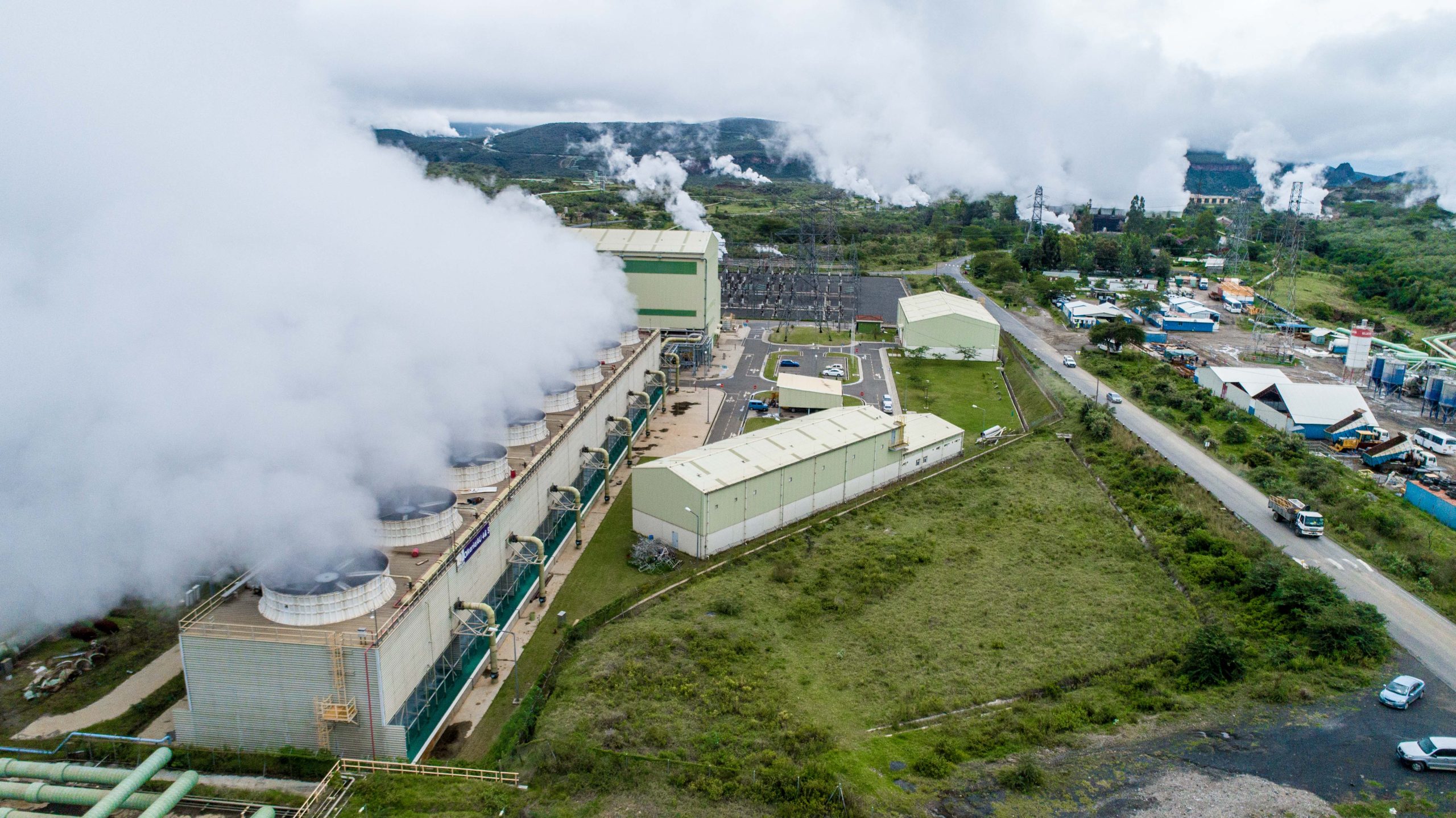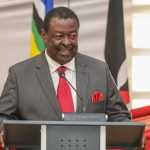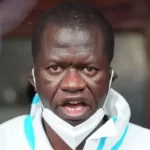Kenya could attract at least Ksh 1.5 trillion in private capital and achieve geothermal installed capacity of 5000 megawatts within a decade by ensuring stable fiscal and legal regime.
According to the Geothermal Association of Kenya (GAK), a stable and long term Power Purchase Agreements (PPAs) with private sector geothermal developers will ensure investors are able to absorb risks associated with currency and geothermal fields.
“If private developers know they will be paid a certain amount per kilowatt hour for the next 10 years, it gives them confidence to take on debt to bring that money into Kenya and develop the fields knowing they will be paid exact amount an exact amount to repay their debt and give their equity shareholders dividends in return,” said Dr Gathuru Mburu, GAK director.
Currently, producing 1MW of power requires at least Ksh 384m ($3m).
The association further calls for policy shift that will allow debt taken for geothermal field developments is denominated in both local and foreign currency to shield firms from shocks associated with currency fluctuations.
“Power projects are long term and they are very capital intensive. Right now that capital is lent in foreign currency and therefore it needs to be paid back in the same foreign currency. There is a concerted effort to see whether we can begin to split those PPAs into a portion in local currency and a portion in foreign currency,” added Dr Mburu.
Kenya is currently the world’s sixth largest geothermal power producer in the world with an installed capacity of 985MW.
“It is very important for the private sector now to be involved because they can bring in the mass of capital we need to accelerate power production which will eventually lead to industrial development by lowering the cost of power,” energy act allows public and private sector investment,” Dr Mburu noted.
Additionally, the country is further urged to avail geothermal exploration data and support the adoption of geothermal technologies that will see geothermal development for smaller communities.
“You can have a project that is just proving heating, cooling and electricity for a small isolated community so you don’t have to build as much transmission line which reduces costs for the country as a whole,” said Bryant Jones, Executive Director at Geothermal Rising.
At the Kenya Geothermal Congress 2024, it also emerged that the country will bid for a seat at the World Geothermal Congress board which is arranged by the International Geothermal Association which Kenya is a member of. This is expected to enhance the country’s profile on the global stage and help attract private capital for geothermal development.





